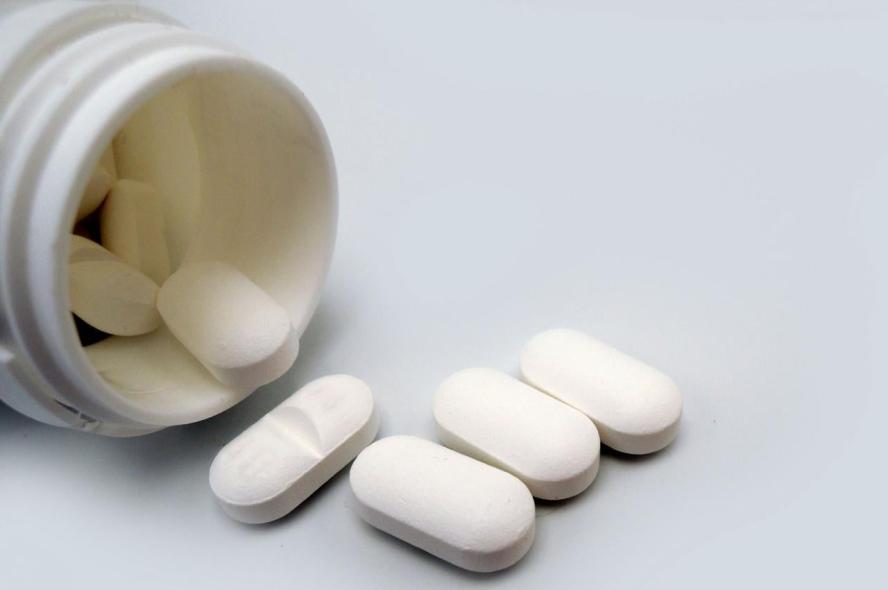Are medication side effects always bad? Learn how to prevent, manage, and cope with common and serious side effects of medicines.
If you have ever taken medicine, you may have experienced some unpleasant or unwanted effects.
These are called medication side effects, and they can range from mild to severe, depending on the type, dose, and duration of the medicine, as well as your individual characteristics and health conditions.
Medication side effects are not always bad. Sometimes, they are a sign that the medicine is working or that your body is adjusting to it.
For example, some antibiotics may cause diarrhea because they kill the harmful bacteria as well as the beneficial ones in your gut.
This is usually temporary and can be managed by taking probiotics or eating yogurt.
In this article, we will help you understand how to prevent, manage, and cope with common and serious side effects of medicines.
We will also provide you with some tips and resources to help you make informed decisions about your medication use.
How to Prevent Medication Side Effects?
The best way to prevent medication side effects is to use medicines wisely and safely. Here are some general guidelines to follow:
- Always read the label and the patient information leaflet that comes with your medicine. They contain important information about the possible side effects, interactions, precautions, and instructions for your medicine.
- Talk to your doctor or pharmacist before starting, stopping, or changing any medicine. They can help you choose the most appropriate and effective medicine for your condition, and advise you on how to use it correctly and safely.
- Follow the directions for your medicine exactly as prescribed by your doctor or pharmacist. Do not take more or less than the recommended dose, or for longer or shorter than the advised duration.
- Tell your doctor or pharmacist about all the medicines you are taking, including prescription, over-the-counter, herbal, and dietary supplements. Some medicines may interact with each other and cause unwanted or dangerous effects.
- Tell your doctor or pharmacist about any allergies or medical conditions you have, or any family history of adverse reactions to medicines. Some medicines may be contraindicated or require special precautions for certain people.
- Keep a list of all your medicines and update it regularly. Bring it with you whenever you visit your doctor or pharmacist, or go to the hospital or emergency room. This will help them to review your medication regimen and avoid any potential problems.

How to Manage Medication Side Effects?
Even if you follow the above tips, you may still experience some medication side effects.
Most of them are mild and manageable and will go away once you stop taking the medicine or adjust the dose.
However, some of them may be severe and require immediate medical attention.
Here are some common medication side effects and how to manage them:
Nausea, vomiting, or stomach upset
These are common side effects of many medicines, especially antibiotics, painkillers, antidepressants, and chemotherapy drugs.
To prevent or reduce them, try taking your medicine with
- food or milk (unless otherwise instructed),
- drinking plenty of fluids,
- eating small and frequent meals,
- avoiding spicy or fatty foods, and
- using ginger or peppermint products.
If these measures do not help, ask your doctor or pharmacist for an anti-nausea medicine.
Drowsiness, dizziness, or lightheadedness
These are common side effects of many medicines that affect the central nervous system, such as
- antihistamines,
- sedatives,
- antidepressants, and
- blood pressure drugs.
To prevent or reduce them, try taking your medicine at bedtime (if possible), avoiding alcohol and other substances that can worsen these effects, getting up slowly from a sitting or lying position, and being careful when driving or operating machinery.
If these measures do not help, ask your doctor or pharmacist for a lower dose or a different medicine.
Headache
This is a common side effect of many medicines, such as blood pressure drugs, birth control pills, and antibiotics.
To prevent or reduce it, try drinking plenty of water, avoiding caffeine and other triggers, and using a cold compress on your forehead.
You can also take a painkiller, such as paracetamol or ibuprofen (unless otherwise instructed), to relieve the pain.
However, do not take too much or too often, as this can cause rebound headaches or other problems.
If your headache is severe, persistent, or accompanied by other symptoms, such as vision changes or neck stiffness, see your doctor immediately.
Diarrhea
This is a common side effect of many medicines that irritate the lining of the bowel or kill the normal bacteria in the gut, such as antibiotics, chemotherapy drugs, and metformin.
To prevent or reduce it, try taking your medicine with food or milk (unless otherwise instructed), drinking plenty of fluids to prevent dehydration, eating bland and easy-to-digest foods, such as rice and bananas.
Constipation
This is a common side effect of many medicines that slow down the movement of the bowel, such as opioid painkillers, iron supplements, and antacids.
To prevent or reduce it, try drinking plenty of fluids, eating more fiber-rich foods, such as fruits, vegetables, and whole grains, and getting regular exercise.
You can also use a laxative, such as senna or bisacodyl (unless otherwise instructed), to stimulate the bowel.
However, do not use them for more than a week or without consulting your doctor or pharmacist, as this can cause dependence or other problems.
If your constipation is severe, painful, or accompanied by other symptoms, such as blood in the stool or abdominal swelling, see your doctor immediately.

